
Not Buying It
Stop Overspending and Start Raising Happier, Healthier, More Successful Kids
Recommendation
Columnist Brett Graff, who writes and blogs as The Home Economist, urges parents to eliminate fear-based spending. And, she explains how families can save a lot of money. She covers the major costs: necessary baby items such as cribs and car seats, toys, activities, education, housing, health care, food, clothing, and more. Some of her advice will be controversial. For example, she suggests saving by sending your kids to public school, skipping the most expensive colleges, and buying nonorganic food and cheaper baby products. But even parents who don’t concur with every point of her savings plan will find some useful cost-cutting measures here. Spending time with your children is free, and, she says, sharing everyday activities such as grocery shopping, making crafts and cooking helps children develop and give you the opportunity to impart important life lessons. getAbstract recommends this frugality manual to teachers, parents and grandparents.
Summary
About the Author
Former US government economist Brett Graff writes the nationally syndicated column The Home Economist. Her column and The Home Economist blog cover unconscious spending.









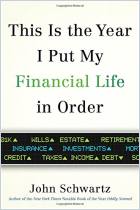
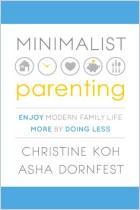
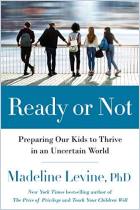
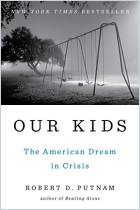
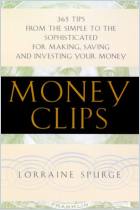
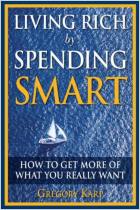



Comment on this summary or Start Discussion